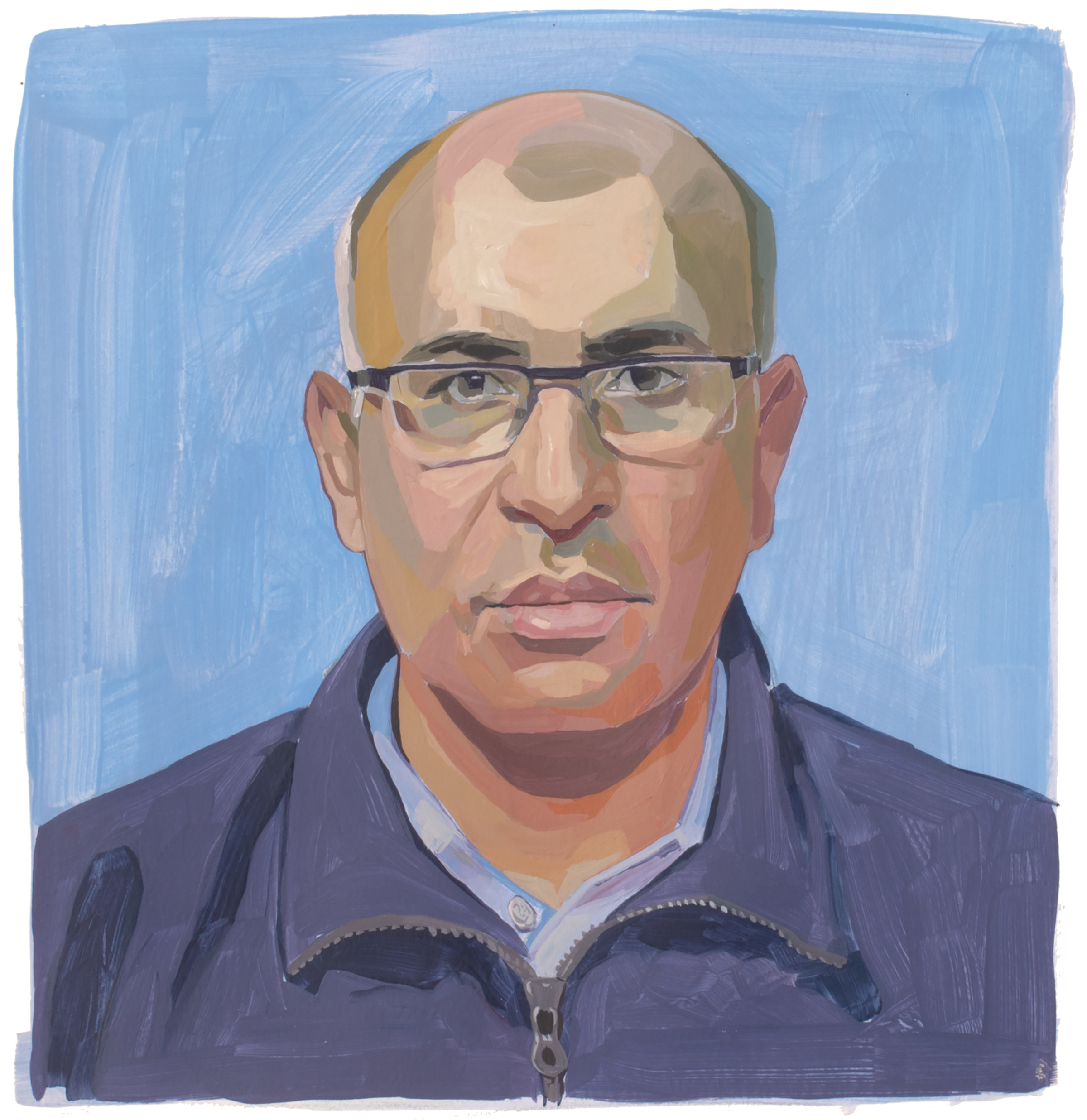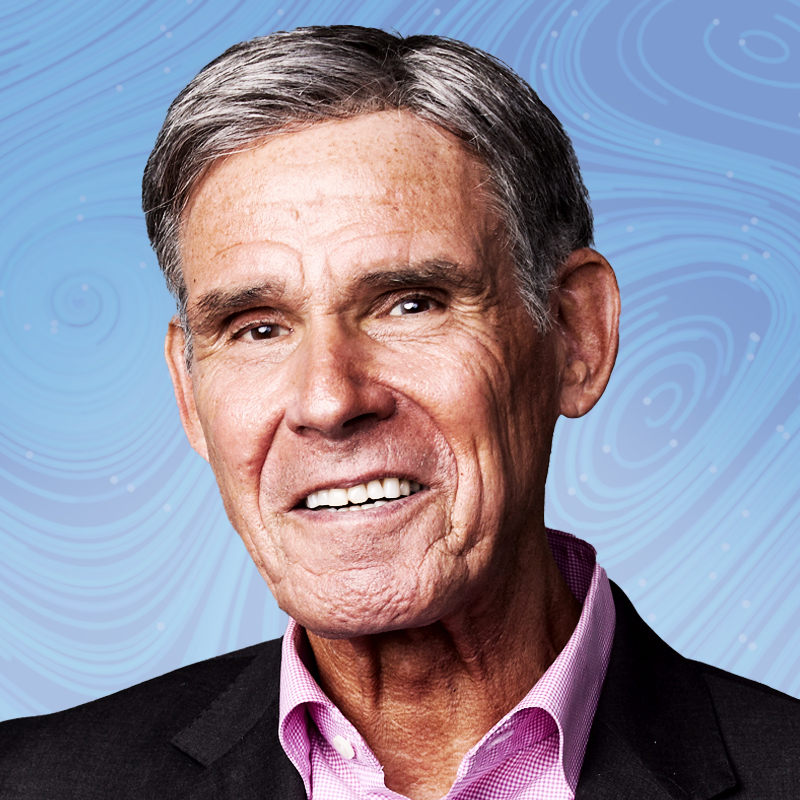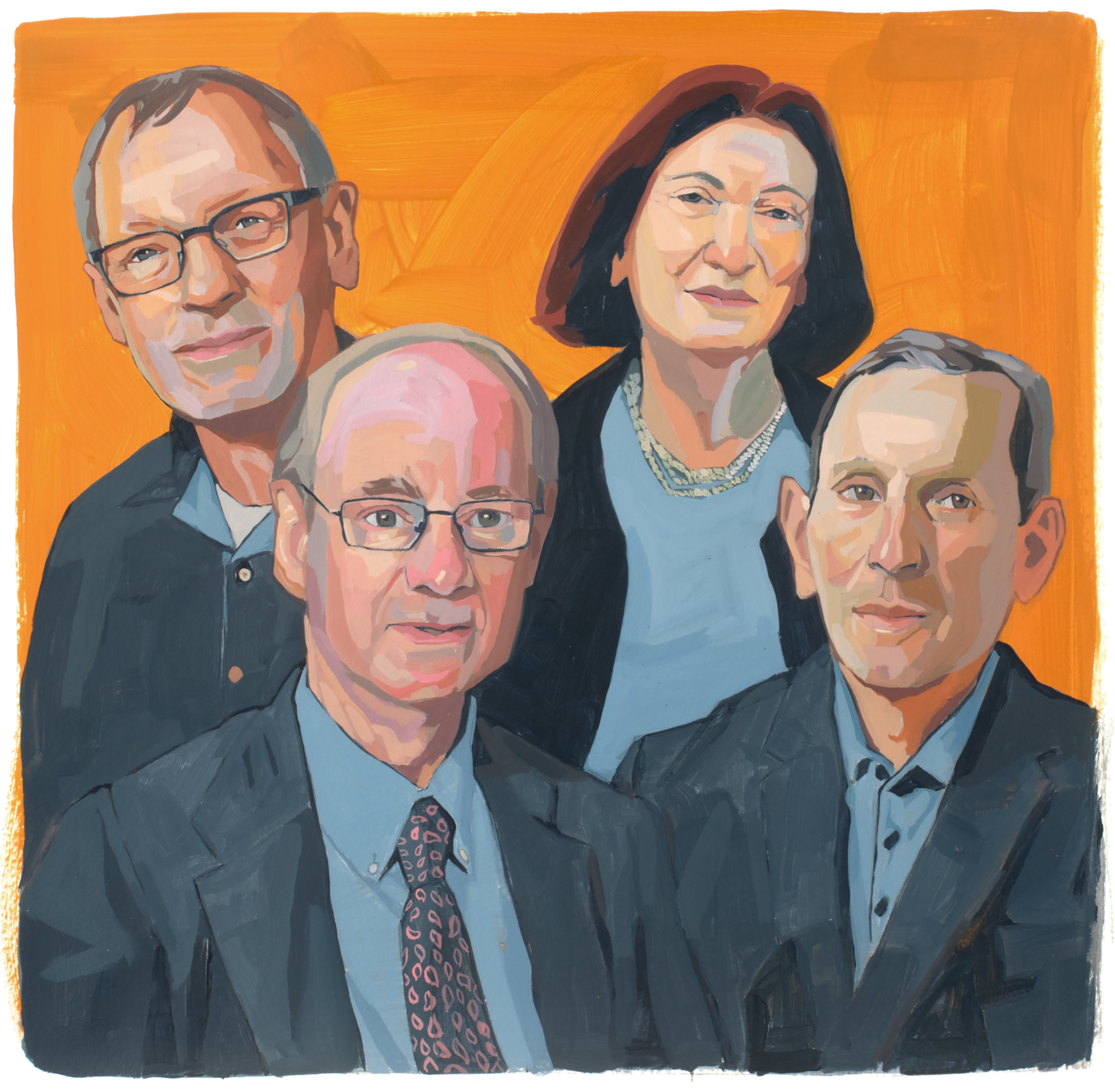Growing up, Tigress Osborn had an inkling that there were some people who thought it was OK to be fat. Women in her neighborhood and family were “fat but fancy,” she says, finding creative and stylish ways to dress. But she still overheard frequent talk about dieting. It felt revolutionary when, as a freshman at Smith College in Massachusetts, she attended a workshop on fat acceptance. The woman presenting “talked about learning that you could be fat and not chase the dream of being thinner, and I had not really heard that before,” she says over Zoom, wearing a colorful T-shirt that says GLORIFYING OBESITY in bold letters.
Fast-forward three decades, and Osborn is now executive director of the National Association to Advance Fat Acceptance (NAAFA), a role she’s held since 2021. Last year, she helped advocate for and testified in support of a New York City ban on discrimination based on a person’s weight that was signed into law in May. (Other municipalities are currently considering similar laws.) The law adds weight and height to characteristics like race and age that are already protected from discrimination, and applies to employment, housing, and access to public accommodations. “It’s such a great example for the rest of the world,” Osborn says. “But at the same time, we’d like to see even more protections”—both at a statewide and federal level.
The work cut out for NAAFA, Osborn says, isn’t boosting fat people’s confidence. It’s eliminating centuries-old systemic discrimination. “If you're fat and go to the doctor, and they don't have a blood-pressure cuff that fits your arm, your self-esteem is not helping you out,” she says. “If you get a promotion at your job, but you’re now in a cubicle with a tiny chair that doesn’t fit you—or if your landlord is telling you they’re going to evict you because your footsteps are too loud because you’re too heavy—all the self-esteem in the world isn’t going to do anything.” But changing the laws, she says, is also the work of changing public perception, of changing how many medical professionals treat their fat patients, and of changing how fat people experience life.
More Must-Reads from TIME
- Cybersecurity Experts Are Sounding the Alarm on DOGE
- Meet the 2025 Women of the Year
- The Harsh Truth About Disability Inclusion
- Why Do More Young Adults Have Cancer?
- Colman Domingo Leads With Radical Love
- How to Get Better at Doing Things Alone
- Michelle Zauner Stares Down the Darkness
Contact us at letters@time.com





